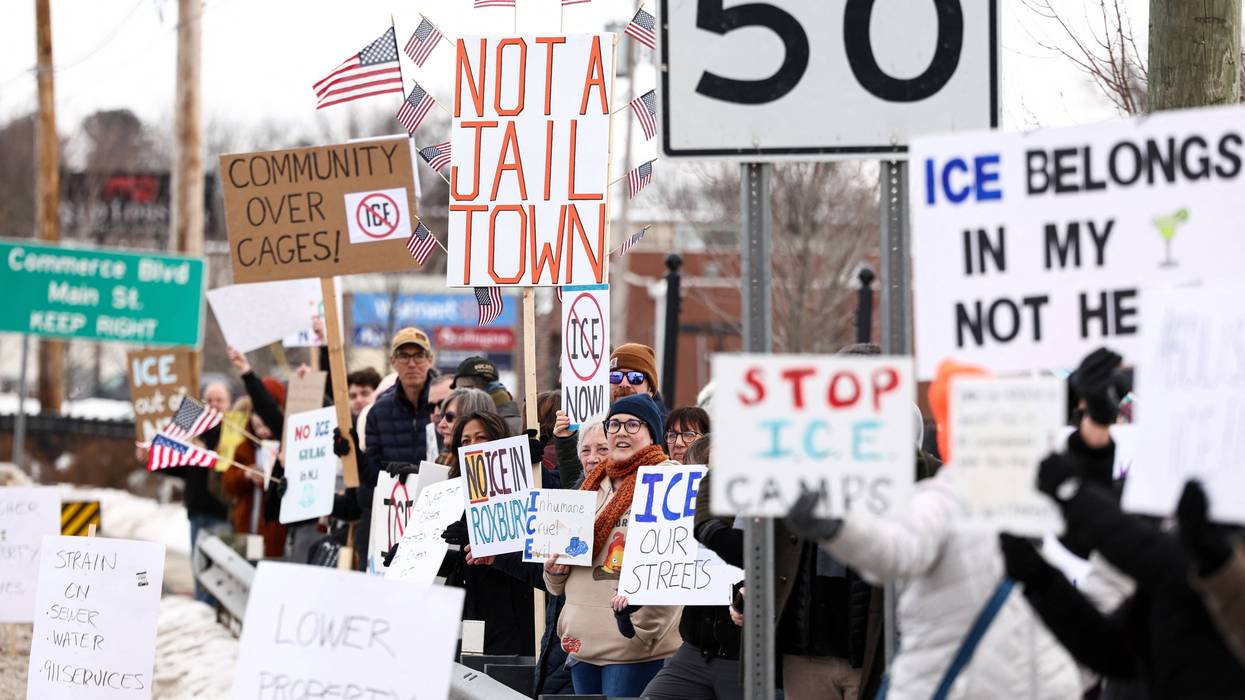A scathing report released yesterday by a federal oversight agency revealed that high-ranking officials in the Trump Environmental Protection Agency purposely excluded scientific evidence of dicamba's drift risks before reapproving its use in 2018.
The Office of the Inspector General found that the EPA's Office of Pesticide Programs failed to include the required internal peer reviews of scientific documents and that "senior-level" staffers "changed" and "omitted" research-based evidence of the drift risks of the pesticide that has already damaged millions of acres of crops.
"Now that the EPA's highly politicized, anti-science approach to fast-tracking use of this harmful pesticide has been fully exposed, the agency should cancel dicamba's recent approval, not try to defend it in court," said Stephanie Parent, a senior environmental health attorney at the Center for Biological Diversity. "The EPA knows that anything less is likely to result in yet another summer of damaged fields and lost profits for farmers choosing not to use dicamba."
In response to a lawsuit filed by the Center for Food Safety and Center for Biological Diversity challenging the 2018 approval, a federal court ruled last June that the EPA had violated the law when it failed to consider and account for the "enormous and unprecedented damage" caused by dicamba drift.
Yet just days before the November presidential election, the Trump EPA rushed to reapprove dicamba products for five years, and farmers and conservation groups were forced to again sue to challenge the approval. This is the third time the agency has registered these products, each time with additional restrictions that have failed to stem devastating drift.
"This report admits what we knew already: dicamba's approval was politically tainted. EPA unlawfully promoted the profits of pesticide companies instead of following the law and sound science, putting chemical companies over protecting farmers and the environment," said George Kimbrell, legal director of Center for Food Safety and counsel in the case. "The disappointing part is that EPA nonsensically continues to stand by the plainly political dicamba decision rushed through just days before the 2020 election, just 5 months after the court's striking down of the 2018 approval."
In the watchdog report released today, investigators said the EPA's actions on the dicamba registrations left the decision "legally vulnerable," spurring the 9th Circuit Court of Appeals' decision to vacate the 2018 registrations for understating some risks and failing to acknowledge others entirely.
The report stated that while division-level management review of pesticide safety documents is part of the typical EPA procedure, senior leaders were "more involved in the 2018 dicamba decision than in other pesticide registration decisions." As a result, senior-level managers made "changes to or omissions from scientific documents."
For instance, the documents excluded some conclusions by staff scientists about dicamba's drift risks, according to the report. The investigators also found that some staff felt "constrained or muted" about sharing their concerns.
Background
Over the past four years the dicamba products sprayed "over the top" of soybean and cotton crops genetically engineered to resist the pesticide have caused drift damage to 5 million acres of soybeans as well as orchards, gardens, trees and other plants on a scale unprecedented in the history of U.S. agriculture.
Recent findings also suggest dicamba endangers human health. Earlier this year scientists at the National Institutes of Health found that use of dicamba can increase the risk of developing numerous cancers.
In separate actions, thousands of farmers have sued Monsanto and BASF for dicamba drift damages, which settled last year for $400 million. In a separate lawsuit, a jury awarded Missouri peach farmer Bill Bader $265 million for dicamba damage to his peach orchard.
Internal company memos released in the course of the Bader lawsuit revealed that even as Monsanto and BASF publicly denied that their products posed a major drift threat, they were internally projecting thousands of dicamba drift complaints over the first five years of use.



